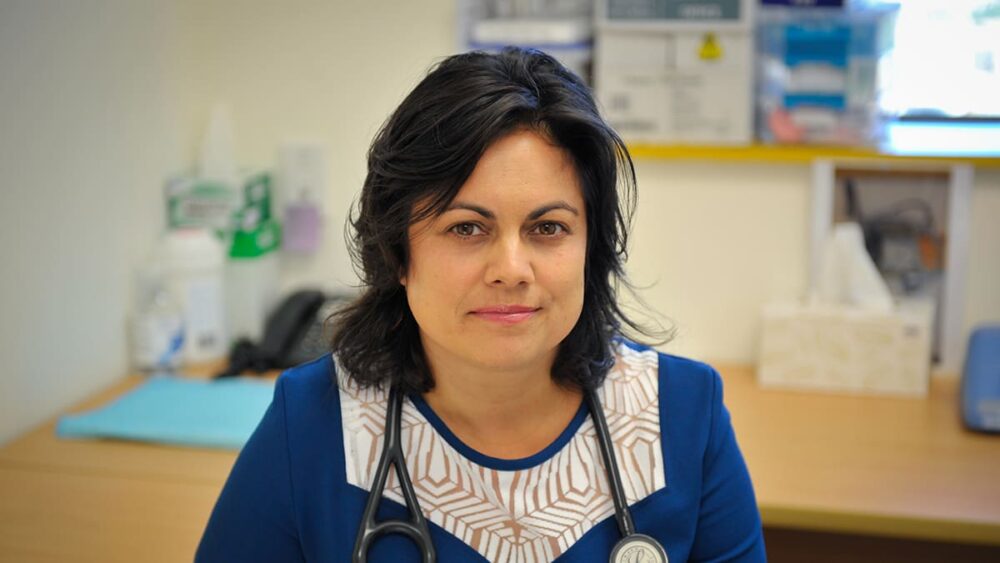
- New exemption scheme established with aim of keeping critical supply chains running
- Close contacts can keep going to work instead of isolating if they return a negative rapid antigen test
- Businesses will self-assess against criteria to join scheme
- In addition, government confirms close contacts who work alone can continue to operate in a bubble of one
A new close contact exemption scheme will help keep critical supply chains running though Omicron, Covid-19 Response Minister Chris Hipkins and Associate Minister of Health Dr Ayesha Verrall announced today in a media release.
“We’ve seen overseas that a combination of high rates of Omicron alongside isolation periods for contacts has put severe strain on supply chains and the provision of important services,” Hipkins said.
“The Government has for weeks been working with industry bodies and critical services to set up a workable scheme that gives their workers an exemption from close contact isolation requirements, if they return daily negative tests.”
The scheme will be supported by rapid antigen tests supplied either directly by the business or service, or through the health system in an “easy and accessible way”.
From today, businesses and organisations can register online as a critical service if they think they will meet the criteria when the country enters Phase 2. Registration includes a declaration and will be able to be checked.
Critical services include food production and its supply chain, key public services like health and emergency services, lifeline utilities such as power and water supplies, transport, critical financial services, news media and social welfare. It also includes human and animal health and welfare.
Verrall said it is up to businesses to self-assess and decide if they want to participate in the scheme.
“In doing so there needs to be an awareness that bringing close contacts into the workplace will come with risks,” she said.
“While the new scheme will help businesses continue to operate, rapid antigen testing is about 80 per cent accurate. This may mean they have someone onsite who has Covid-19 and could infect other workers, which could further compromise business operations.
“Any workers identified for the scheme will need to be vaccinated. If at any point they return a positive test, they will need to take a PCR test and isolate.
“Those businesses that decide to register will be issued with a letter that, when New Zealand shifts to Phase 2 of our Omicron response, will enable eligible workers to either use rapid antigen tests that their employers may hold, or collect rapid antigen tests from a collection site.
“Workers will get enough testing kits to cover the period they would’ve been isolating, and the places they can pick them up from will be put on the Healthpoint website.
“We know isolation is the best way to stop the chain of transmission so businesses and workers involved in the scheme will need to continue to play their part in reducing the spread of the virus by complying with daily symptom checks and other health measures while at work.”
Workers will also be expected to remain in isolation outside of work hours as they will in many instances be living with household members who have Omicron, Verrall said.
“In addition to this exemption scheme, we’re also confirming today the guidelines for people who either work alone or have the capacity to do so. These workers will be able to continue operating in a “bubble of one” if they are identified as a contact,” Hipkins said.
“That means, for instance, farmers or sole traders, including plumbers and residential builders, who operate out of their own space and work alone can continue to do that as long as they are vaccinated, don’t have symptoms and don’t have contact with anyone else. These guidelines apply to any workers, not just critical workers and do not require them to return regular tests.
“We are taking a pragmatic approach to Omicron and its management. These changes strike a balance between continuing to keep people safe, but also keep businesses and services operating as smoothly as possible.”








